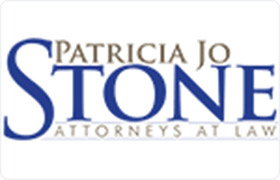Parker Estate Lawyer, Colorado
Sponsored Law Firm
-
 x
x

Click For More Info:
-
Patricia Jo Stone, Attorneys at Law
19751 E Mainstreet Ste. 200 Parker, CO 80138» view mapEstate Law Over 35 Years Of Experience
For over 35 years, our firm has provided affordable legal services to individual and business clients.
800-708-9521
Randy Robida
✓ VERIFIEDRandy is an attorney with a solo law practice in Denver, Colorado, established in 1996. His practice focuses on estate planning, probate, small busine... (more)
Carolyn Moller Duncan
Meet Carolyn Duncan Committed to addressing the most pressing concerns of our clients, I recognized the need to concentrate my focus on the estate ... (more)
Kevin Thomas Ellmann
✓ VERIFIEDAfter gaining legal experience prosecuting criminal cases in the County, Juvenile, and District Courts, Kevin went to the Douglas County office in 200... (more)
William L. Henry
FREE CONSULTATION
CONTACTFREE CONSULTATION
CONTACTJames T Anest
FREE CONSULTATION
CONTACT Patricia Stone Parker, CO
Patricia Stone Parker, CO AboutPatricia Jo Stone, Attorneys at Law
AboutPatricia Jo Stone, Attorneys at Law Practice AreasExpertise
Practice AreasExpertise





